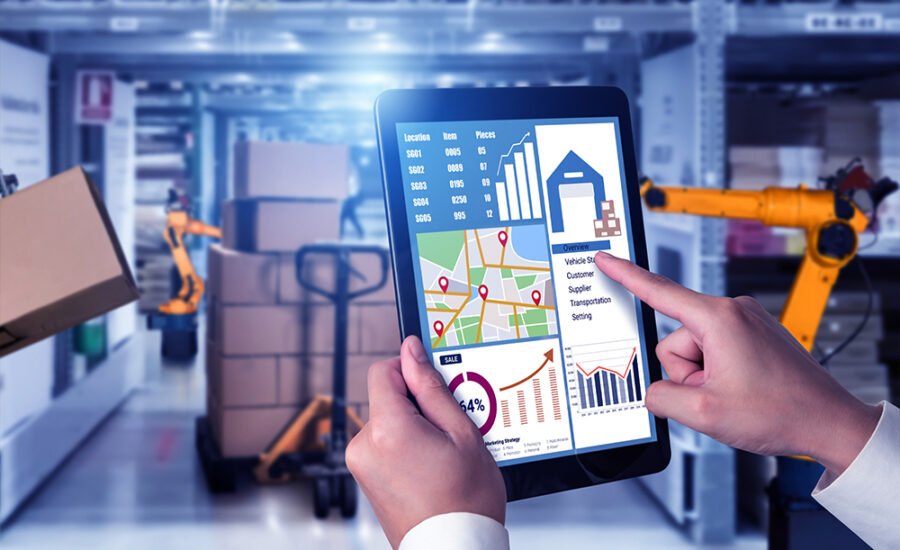The logistics industry, a backbone of global trade and commerce, is undergoing a profound transformation thanks to the integration of Artificial Intelligence (AI). In this article, we will delve into the multifaceted role of AI in reshaping the logistics business and ushering in a new era of efficiency and innovation.
1. Smart Route Optimization:
AI algorithms analyze vast amounts of historical and real-time data to optimize routes, taking into account factors like traffic patterns, weather conditions, and delivery deadlines. This not only reduces transportation costs but also enhances overall delivery speed, ensuring goods reach their destinations in the most efficient manner possible.
2. Predictive Analytics for Demand Forecasting:
One of the key challenges in logistics is predicting demand accurately. AI excels in predictive analytics, analyzing historical data to forecast future demand trends. This enables logistics companies to optimize inventory levels, reducing the risk of stockouts or excess inventory. The result is a more streamlined supply chain with improved responsiveness to market fluctuations.
3. Warehouse Automation and Robotics:
AI-powered robots and automation systems are transforming warehouses, making them more efficient and cost-effective. These technologies can handle tasks such as sorting, packing, and inventory management. By automating these processes, logistics companies can significantly reduce operational costs, enhance accuracy, and expedite order fulfillment.
4. Real-time Tracking and Visibility:
AI enables real-time tracking of shipments, providing end-to-end visibility across the supply chain. Through IoT devices and sensors, logistics companies can monitor the location and condition of goods in transit. This transparency not only enhances security but also allows for better decision-making and problem resolution in case of delays or disruptions.
5. Last-Mile Delivery Optimization:
Last-mile delivery poses unique challenges, and AI plays a crucial role in optimizing this critical phase of the supply chain. By analyzing data on delivery routes, traffic conditions, and customer preferences, AI can improve delivery accuracy and reduce delivery times. Companies are exploring innovative solutions such as autonomous vehicles and drones for efficient last-mile logistics.
6. Cost Reduction and Efficiency Gains:
AI-driven optimization across various logistics processes leads to significant cost reductions. From fuel-efficient route planning to minimizing idle times in warehouses, AI helps in cutting operational expenses while improving overall efficiency. This cost-effectiveness contributes to the competitiveness of logistics businesses in an ever-evolving market.
7. Risk Management and Fraud Prevention:
AI enhances security by identifying potential risks in the supply chain and preventing fraudulent activities. Machine learning algorithms analyze data patterns to detect anomalies, ensuring the integrity and security of goods during transportation. This proactive approach minimizes the risk of theft, damage, or other security breaches.
In Conclusion, the role of AI in the logistics business goes beyond mere automation; it represents a paradigm shift in how the industry operates. As logistics companies embrace these technological advancements, they are better positioned to meet the demands of a rapidly changing global market, providing faster, more reliable, and cost-effective services to businesses and consumers alike. The journey towards a smarter, more efficient logistics ecosystem is well underway, with AI at the helm.




